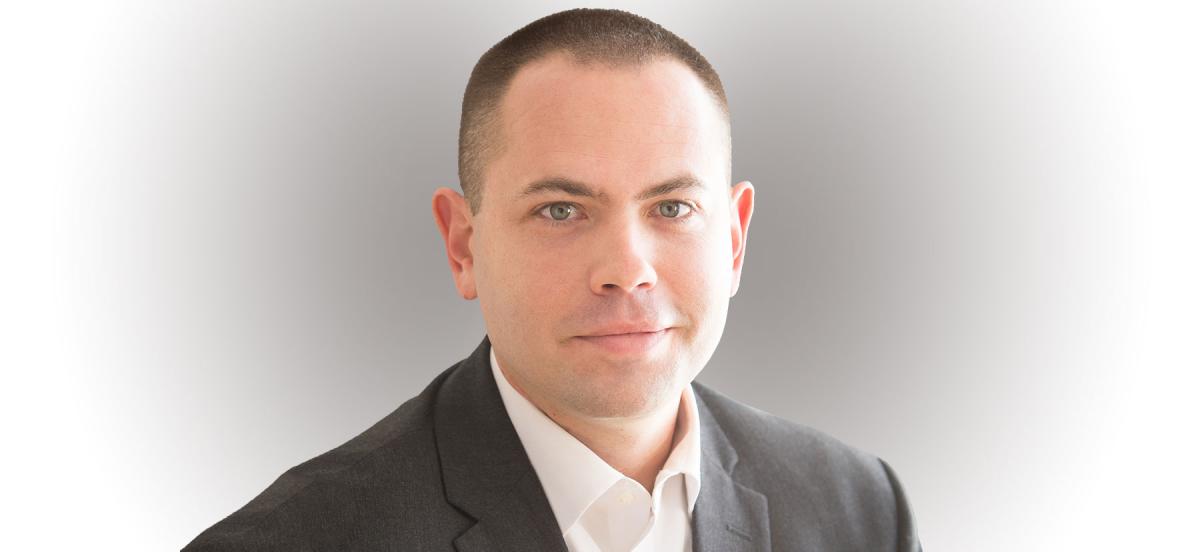A Quaker Minister in the Military?

Zachary Moon. Photo credit: Chalice Press
Details
This semester's Friend in Residence, Zachary Moon, will share with the community how serving as a military chaplain was a faithful expression of his Quaker identity and what he learned in that service.
Every semester, since spring 2011, the Office of Quaker Affairs has brought a seasoned Quaker whose a life experience speaks to the concerns of contemporary college students to campus as part of its Friend in Residence Program. These visitors offer public programs that enrich the wider community—from performances to talks to practical workshops—and serve as classroom resources to professors across disciplines.
As part of Religion and Spiritual Life Week, the College welcomes Zachary Moon for this fall's residency. Moon is an assistant professor of practical theology at Chicago Theological Seminary who formerly served for eight years as a military chaplain with sailors and Marines, a chaplain resident in the Veterans Association hospital system, and as a chaplain with combat veterans diagnosed with Post-Traumatic Stress Disorder in residential recovery. He is also the author of Coming Home: Ministry That Matters with Veterans and Military Families.
"I'm looking forward to engaging with students, faculty, and staff at Haverford and exploring the moral dimensions of trauma and the role spirituality and religion can play in the healing and recovery process," says Moon of his campus residency.
Born and raised in a Quaker family as a pacifist in Berkeley, Calif., Moon attended conferences, served on committees at every level of Quaker life, and even worked in community organizing for peace and justice after graduating from Vassar College. All of which might make him seem like an unusual candidate for military service. But as he said in recent keynote presentation to Pacific Yearly Meeting: "Being a presence of love and compassion in the midst of violence does not mean suspending the prophetic dimension of our Quaker tradition. I believe, however, that our prophetic commitments require us to do more than shake our fists and judge from our armchairs. Prophets are called to go to places they may not want to go."
Moon will discuss his work as a military chaplain and as a teacher and counselor for survivors of trauma during his campus residency, which begins with a public talk, "Dimensions of Trauma," at Swarthmore College on Oct. 31. Other events during his weeklong stay at Haverford include a brown bag lunch talk on being a Quaker minister in the military in Magill Library; visits to classes in psychology and peace, justice, and human rights; meals with different student religious groups on campus; a consultation with Counseling and Psychological Services; and attendance at Philadelphia Yearly Meeting Continuing Sessions.
"I hope that members of the community have an opportunity to consider how their spirit might be calling them in exciting and unexpected ways to be and work in the world," says Walter Sullivan, director of Quaker and organizer of Moon's campus visit. "In addition, as a Quaker who has now created deeply intimate relationships with returning veterans, Zachary has learned a lot about opening oneself to those whose life and culture and beliefs are very different than one's own. I hope that people come away with a sense of how rich and important that work can be for the healing of our culture."



